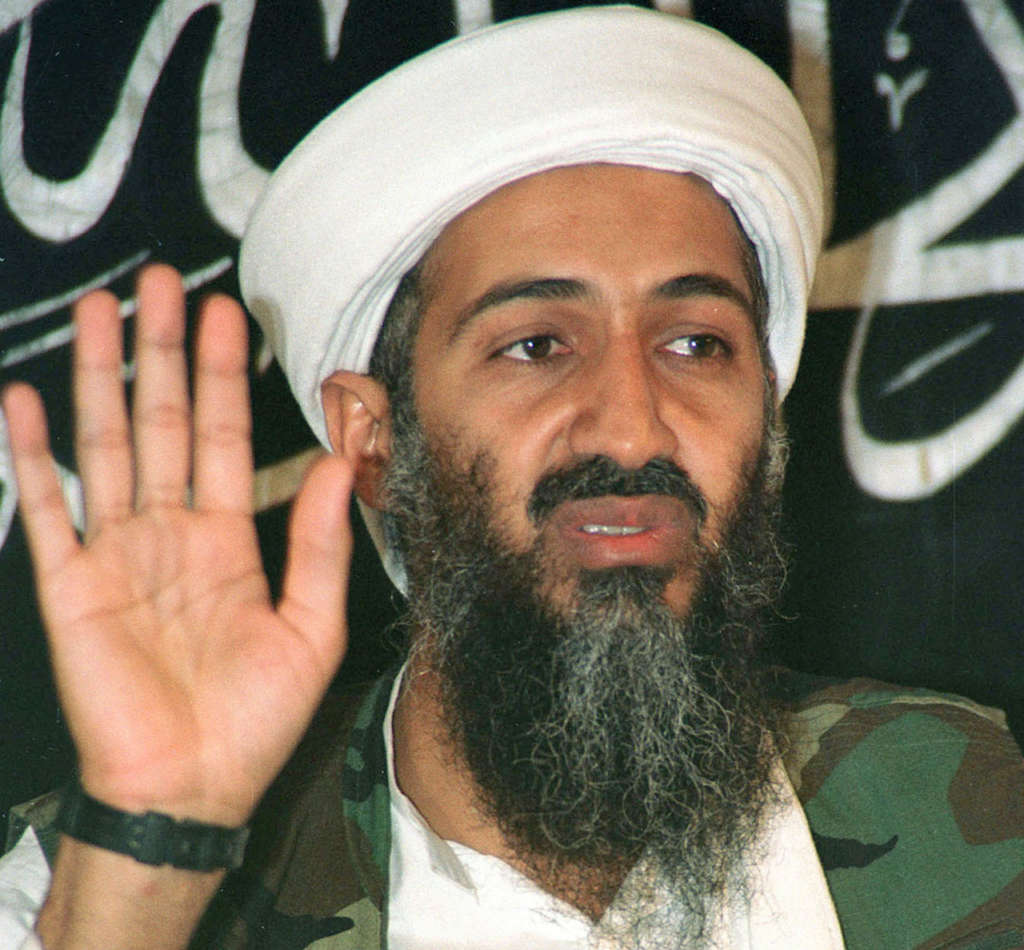Istanbul- As Mohammed al-Masri surveyed the cluttered room, his father stepped in behind him.
“I asked my father, ‘What are you doing here?’ ” Masri said, recalling an exchange that took place more than 20 years ago in eastern Afghanistan. His father’s response was cryptic: “When you grow up, God willing, you will learn for yourself.”
After the Sept. 11, 2001, attacks, Masri’s father would be regarded as one of the most ominous figures in al-Qaeda: an Egyptian with a degree in chemistry who was put in charge of the terrorist network’s effort to develop mass-casualty weapons.
Abu Khabab al-Masri became the subject of a $5 million U.S. reward. And he was linked to a series of plots — including al-Qaeda’s attempt to bring down an airliner with a shoe bomb — before he was killed in a CIA drone strike.
Mohammed Masri, now 35, left Afghanistan shortly after that mid-1990s exchange in the lab at al-Qaeda’s Darunta camp complex and never saw his father again.
Name recognition helped him build a following of several hundred fighters after he arrived in Syria in 2012, he said in one of a series of interviews with The Washington Post.
But since then he has been caught in a violent struggle between those loyal to his father’s organization and followers of a bolder, more brutal group determined to supplant it — ISIS
Masri is among the few who can claim to have spent significant time at al-Qaeda’s camps in Afghanistan as well as in ISIS capital of Raqqa in northern Syria — and the only person so far to emerge from those experiences and speak about them in detail.
Masri agreed to speak to The Post, he said, in part to voice his disapproval with the ISIS’s despotic rule over its subjects in Iraq and Syria, although he stopped short of condemning the group’s brutality against the West.
“It was not that they beheaded someone who committed a crime — that was not my issue with them,” he said. “It was the way they governed.”
He blamed U.S. policies and military campaigns in the Middle East for driving thousands of Muslims into the ranks of the ISIS. “As much as I despise ISIS for the way they treat people,” he said, using a common name for the terrorist group, “one of the reasons they became so powerful was because of the West.”
